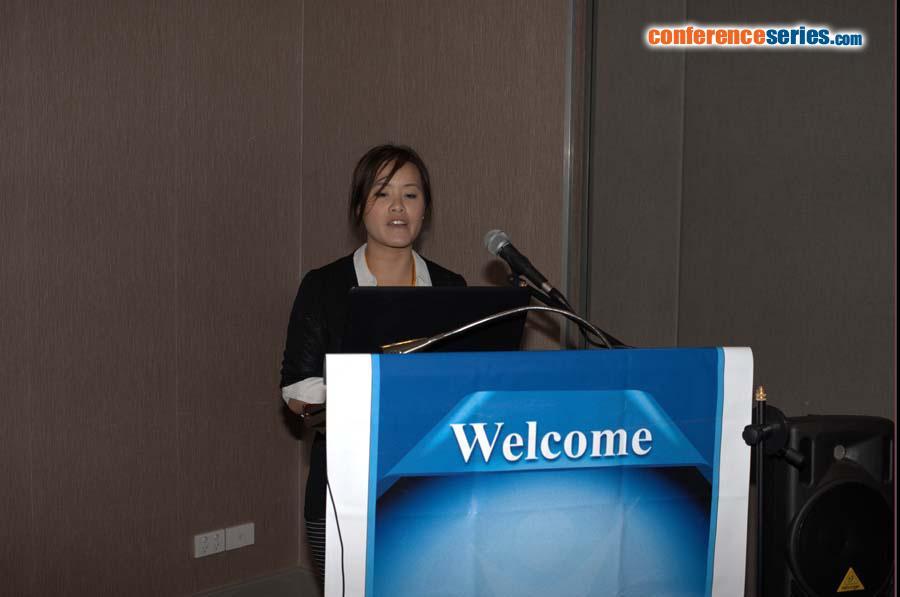
Kerri Choo
Curtin University of Technology, Australia
Title: The role of enzymes in value adding to seafood processing waste
Biography
Biography: Kerri Choo
Abstract
Discarded processing waste generated by the seafood industry in Australia has financial and environmental repercussions. Seafood waste is a valuable source of protein, fats and minerals that can be recovered for use in food and other industrial applications. In Australia, only a small percentage is currently utilized with the remaining disposed in landfill, at a cost to processors. By adding proteolytic enzymes to the seafood waste at optimal conditions, it is transformed into a protein hydrolysate. Higher value products can be derived from seafood hydrolysates with further processing and extraction methods, including functional ingredients, flavorings, fertilizers and aquaculture feed additives. Hydrolysates produced using enzymes have shown to produce a higher quality product than the more traditional acid hydrolysis. The enzymes operate in milder conditions and significantly reduce reaction time; therefore decreasing production time and costs. It has also shown to increase product yield, improve the amino acid profile and reduce oxidation. The application of enzyme technology to process seafood waste provides new opportunities for seafood processors and other businesses to develop valuable products and minimize waste. This presentation will discuss several case studies on the commercial feasibility of using protease enzymes to transform existing seafood processing waste into high valuable products and the future opportunities arising from this research.


